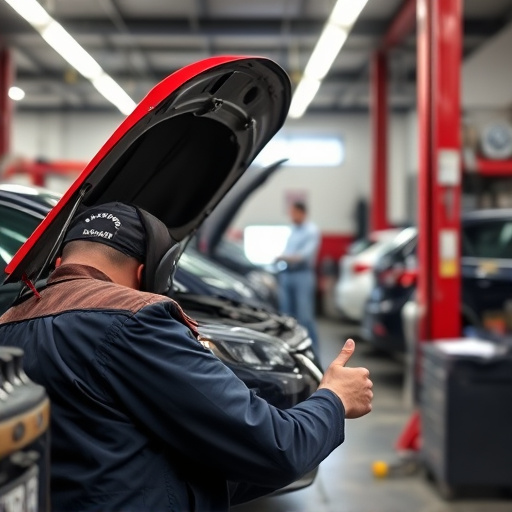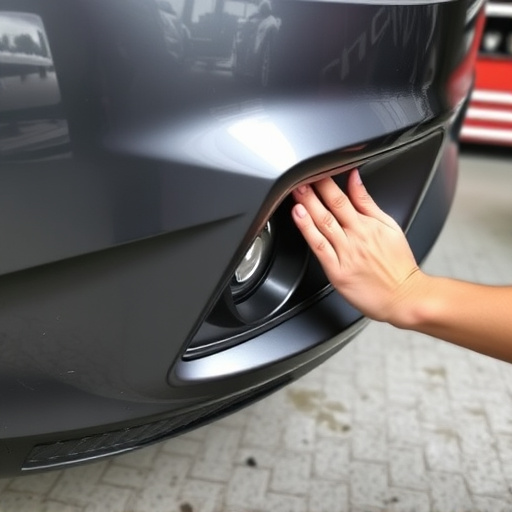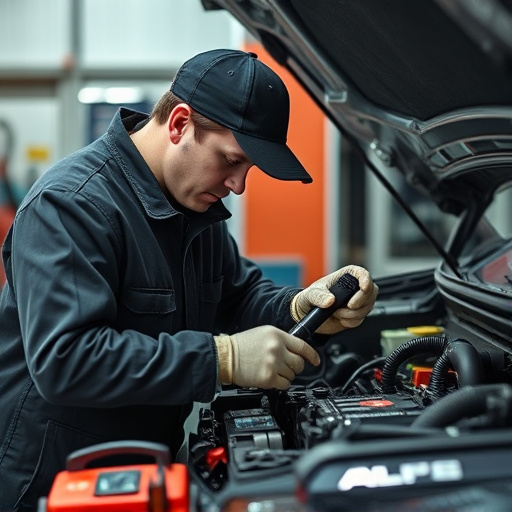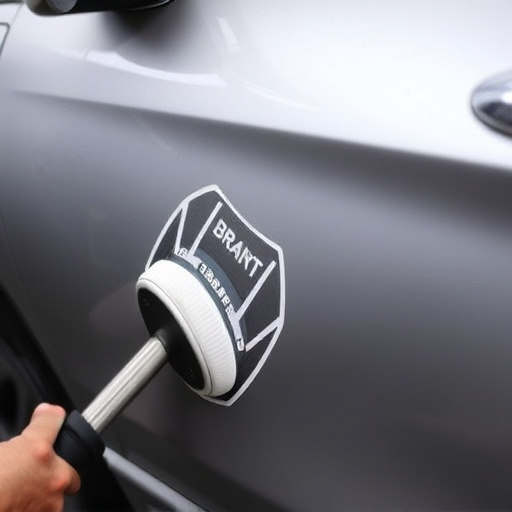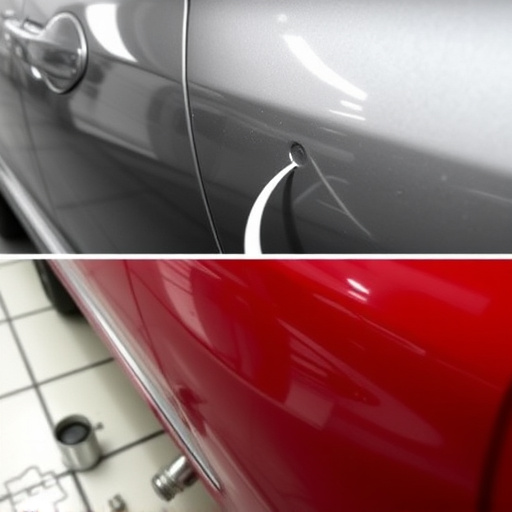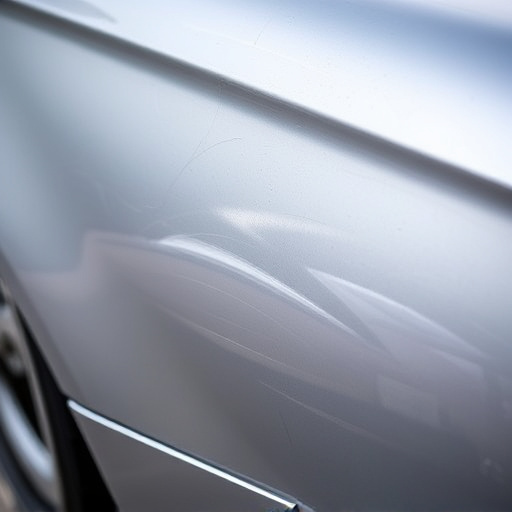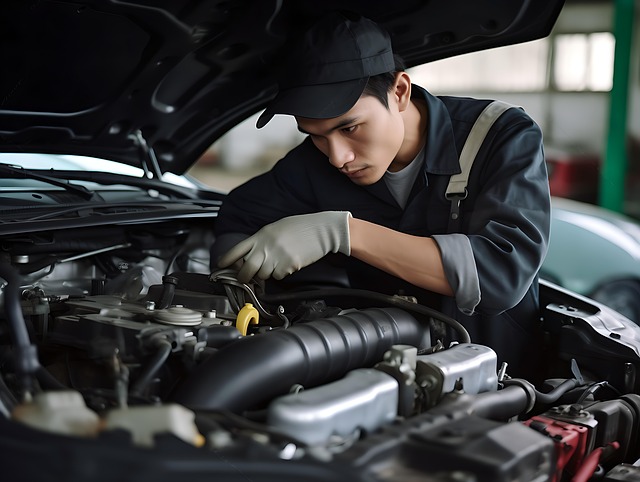After vehicle repairs, "diminished value" may impact resale worth due to pre-repair damage remnants and repair visibility. To protect against this, conduct a thorough initial inspection, document damage, maintain records of communications with auto body shops, understand consumer protection laws, obtain multiple detailed estimates, and keep comprehensive documentation. Proactive measures ensure rights are upheld and mitigate financial losses from diminished value after repair.
Are you aware that your vehicle’s value can be unfairly reduced after repairs? This phenomenon, known as diminished value after repair, can leave owners out of pocket. Understanding how it works is crucial for protecting your investment. In this article, we’ll guide you through the process, starting with recognizing and assessing damage. We’ll then delve into your legal rights and practical protection strategies to ensure you’re not left with a lower vehicle value than expected.
- Understanding Diminished Value After Repair
- Assessing and Documenting Vehicle Damage
- Legal Rights and Protection Strategies
Understanding Diminished Value After Repair
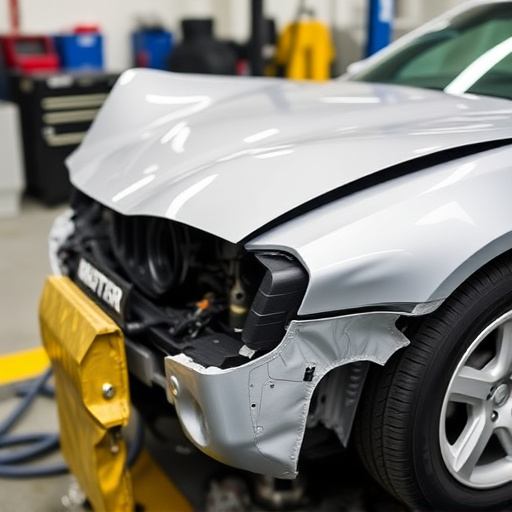
After a vehicle undergoes repair, whether it’s a simple fix or a complex vehicle restoration, owners often worry about something known as diminished value after repair. This term refers to the decrease in the overall market value of a vehicle post-repair, which can be significant for both personal and commercial vehicles, including those provided by fleet repair services. Various factors influence this reduction in value, such as the extent of damage before repair, the visibility of repairs made, and the age and condition of the vehicle itself.
For instance, while a skilled mechanic might expertly fix vehicle bodywork, making it nearly indistinguishable from original components, the mere fact that a car has been in a collision or undergone extensive restoration can leave an impression on potential buyers. This perceived history can result in a lower resale value, impacting both individual and business owners who rely on their vehicles for daily operations. Understanding these dynamics is crucial when assessing how to mitigate or manage diminished value after repair.
Assessing and Documenting Vehicle Damage
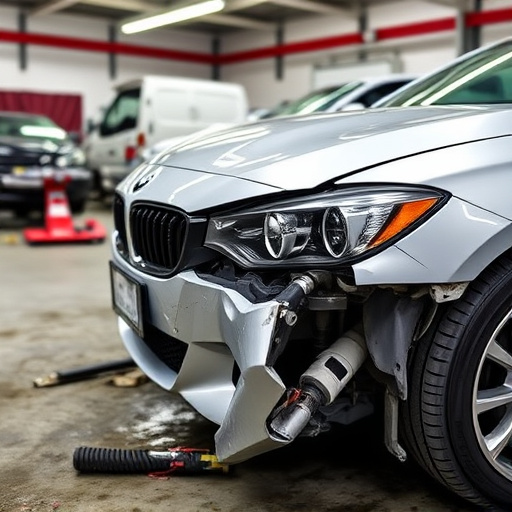
Before taking your vehicle to an auto body shop for repairs, it’s crucial to assess and document any existing damage. This initial evaluation is a critical step in protecting yourself from unexpected diminished value after repair. Inspect your car thoroughly, noting any dents, scratches, or other visual imperfections. Take pictures from various angles to create a comprehensive record of your vehicle’s condition before the repair process begins.
Documenting damage with detailed notes and high-quality images will not only help you track repairs performed but also serve as evidence if there are discrepancies in the final restoration. Consider keeping a logbook where you jot down all communication with the auto body shop, including details about estimated costs, turnaround times, and any discussions regarding potential diminished value compensation. This meticulous approach ensures that you’re aware of every step in the repair process and can advocate for your rights should any issues arise.
Legal Rights and Protection Strategies
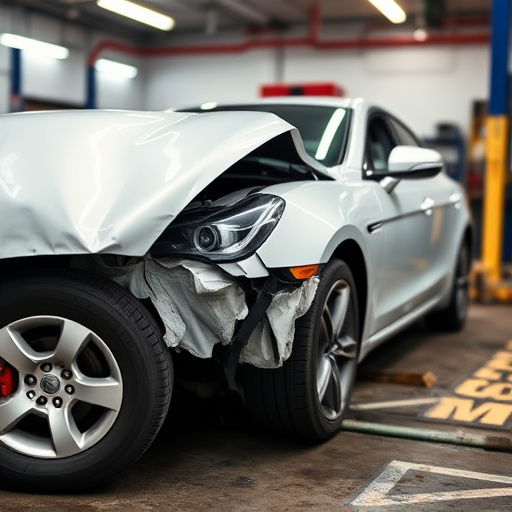
When it comes to protecting yourself from unfair diminished value after repair, understanding your legal rights and employing strategic protections is paramount. Many car owners are unaware that they possess certain rights under consumer protection laws, which can help mitigate the financial blow of reduced vehicle value following collision or fender repair. These laws vary by region, but generally, businesses are required to provide services with a reasonable standard of care, ensuring transparency in pricing and avoiding deceptive practices.
One effective strategy is to obtain detailed estimates from multiple reputable car bodywork services before agreeing on any repairs. Comparing these estimates can reveal potential discrepancies or excessive charges that might contribute to diminished value. Additionally, keeping detailed records of all communications, receipts, and repair documentation is crucial in case disputes arise. By being proactive and informed, you can navigate the collision repair process with greater confidence, ensuring your legal rights are upheld and minimizing the impact of diminished value on your vehicle’s overall worth.
Protecting yourself from unfair diminished value after repair is crucial. By understanding the concept, assessing and documenting vehicle damage thoroughly, and familiarizing yourself with legal rights, you can navigate this complex issue effectively. Stay informed, gather evidence, and consider consulting a professional to ensure you receive fair compensation for any reduced vehicle value post-repair. Remember, knowing your rights and taking proactive steps are key to minimizing the impact of diminished value on your investment.


